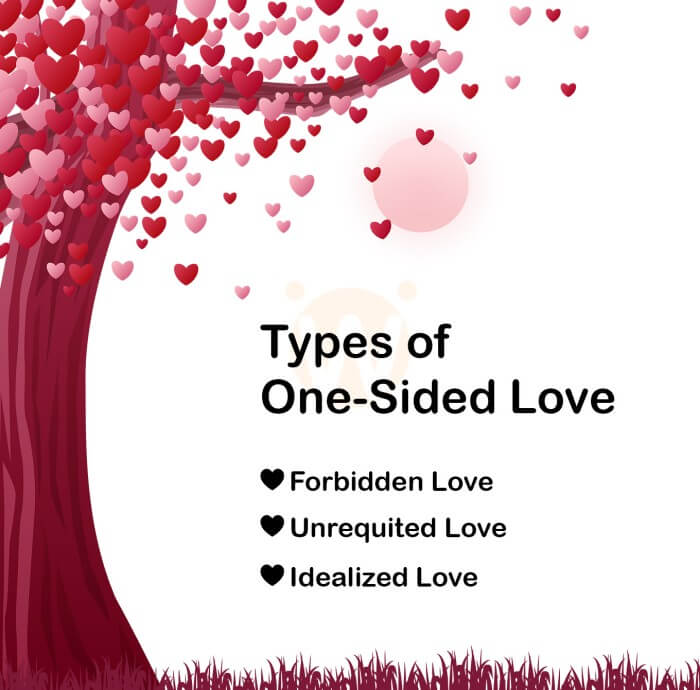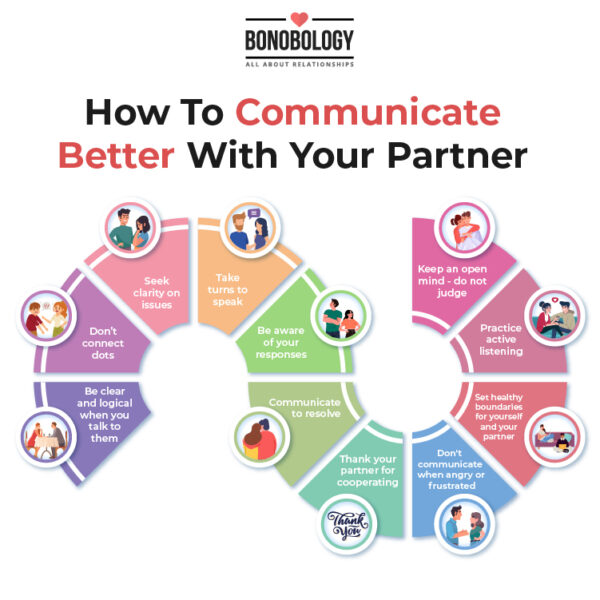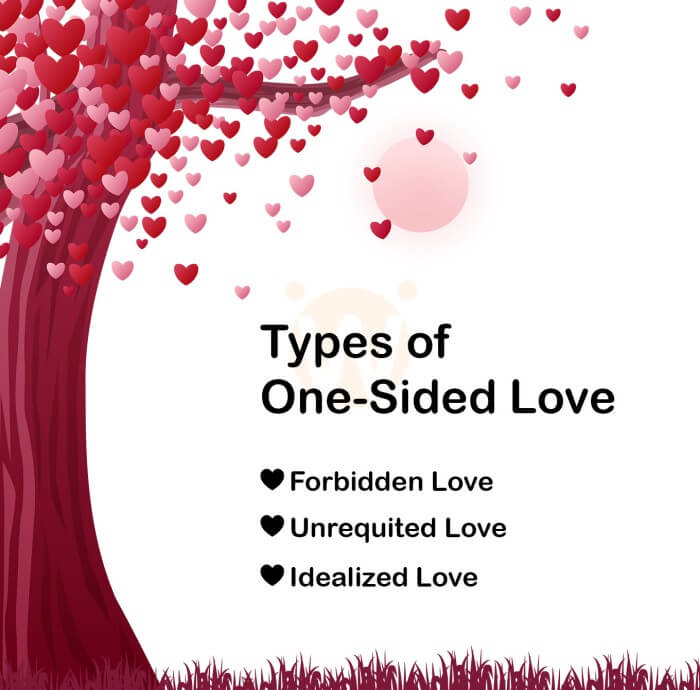
Recognizing One-Sided Relationships
Signs of a One-Sided Relationship
One-sided relationships often leave one partner feeling drained and underappreciated. Recognizing the signs can be crucial for navigating personal well-being. Here are some indicators:
- Lack of Initiation: If one person always plans dates or reaches out, it may signal imbalance.
- Emotional Absence: A partner who seldom engages in meaningful conversation can create disconnection.
- One-Way Support: If you’re constantly offering support but receive little in return, it raises concern.
Impact of One-Sided Relationships
The effects of one-sided relationships can be profound, impacting mental health and self-esteem. Individuals may experience:
- Increased Stress: A lack of reciprocity can lead to emotional exhaustion.
- Feelings of Worthlessness: Continuous investment without acknowledgment can diminish self-worth.
- Social Isolation: Those in one-sided relationships may withdraw from other vital connections.
Identifying these signs and impacts serves as a critical first step towards fostering healthier emotional environments and interactions.

Communication Strategies
Expressing Your Needs
Once the signs of a one-sided relationship are identified, effective communication becomes essential. Expressing your needs can create openings for deeper conversations. Consider sharing feelings through “I” statements, like “I feel valued when we spend quality time together.” This language minimizes defensiveness and fosters understanding.
Setting Boundaries
Setting boundaries is equally critical for a healthy relationship. Boundaries help establish mutual respect. Here are a few tips:
- Be Clear: Clearly articulate what you need. For instance, “I need some time alone to recharge.”
- Stay Consistent: Regularly reinforce your boundaries to ensure they’re respected.
- Be Prepare for Reactions: Understand that not everyone will respond positively, but stay firm in your decisions.
Establishing effective communication and boundaries helps cultivate a more balanced emotional connection.

Seeking Balance
Reassessing Priorities
After establishing clear communication and boundaries, it’s time to reassess priorities. Reflect on what truly matters to you. Ask yourself questions like:
- What activities bring me joy?
- Which relationships energize me?
- Am I allocating time to self-care?
Taking a step back can help bring clarity to your needs and reshape how you engage with others.
Seeking Support from Friends and Family
Don’t hesitate to lean on friends and family during this process. Sharing experiences can provide valuable perspective and comfort. Consider:
- Talking about your feelings: A close friend can often offer insights you might miss.
- Asking for advice: They may have navigated similar situations and can guide you.
- Setting up regular check-ins: Establish a support system that encourages open dialogue.
By reassessing priorities and seeking support, you can foster greater balance and fulfillment in your relationships.

Reevaluation and Decision Making
Reflecting on the Relationship
As you seek balance, taking time to reflect on the relationship can yield important insights. Consider whether the relationship aligns with your values and goals. Ask yourself:
- Do I feel happy and fulfilled?
- Are my needs continuously met?
- What do I appreciate about this relationship?
Reflecting on these aspects can help clarify your feelings and expectations, paving the way for informed decisions.
Making Tough Choices
Once you’ve assessed your relationship, you may face difficult choices. It’s essential to weigh the pros and cons. For instance:
- Pros: Shared memories, love, and mutual respect.
- Cons: Constant emotional strain or feeling unvalued.
Sometimes, letting go is the healthiest choice, despite the pain it may cause. Remember, prioritizing your emotional well-being is vital for your overall happiness. Making these tough choices might be challenging, but it’s a necessary step toward fostering healthier connections in the future.

Moving Forward
Self-Care Practices
After navigating the complexities of reevaluating relationships, self-care becomes crucial. Prioritizing self-care helps rejuvenate your spirit and build resilience. Consider implementing practices like:
- Journaling: Writing about your feelings can provide clarity and track your emotional growth.
- Physical Activity: Engaging in exercise helps release endorphins, improving your mood.
- Mindfulness: Techniques such as meditation or yoga can foster a sense of peace and grounding.
Exploring New Opportunities
As you embrace self-care, it’s also time to explore new opportunities. Engaging in hobbies or activities can broaden your horizons. For instance:
- Join a club or class: Meet new people who share your interests.
- Volunteer for a cause: Connecting with others can create fulfilling experiences and support systems.
Moving forward means setting the stage for a more enriching life, filled with positive connections and self-discovery. Embracing both self-care and new opportunities will empower you to thrive.

Conclusion
Recap of Steps
As we wrap up, let’s recap the essential steps for navigating one-sided relationships. First, recognizing the signs and understanding their impacts helps lay a strong foundation. Next, effective communication and boundary-setting are crucial for expressing needs. Then, reassessing priorities and seeking support from loved ones can provide clarity. Finally, reflecting on your relationship and making tough choices enables healthier dynamics, and embracing self-care and new opportunities fosters growth.
Importance of Prioritizing Your Well-Being
Ultimately, prioritizing your well-being is vital. When you take care of yourself, you create space for healthier relationships and a more fulfilling life. Remember, your happiness matters, and making choices that reflect that will lead to emotional strength and resilience. Embrace your journey, and know you deserve meaningful connections that uplift you!
